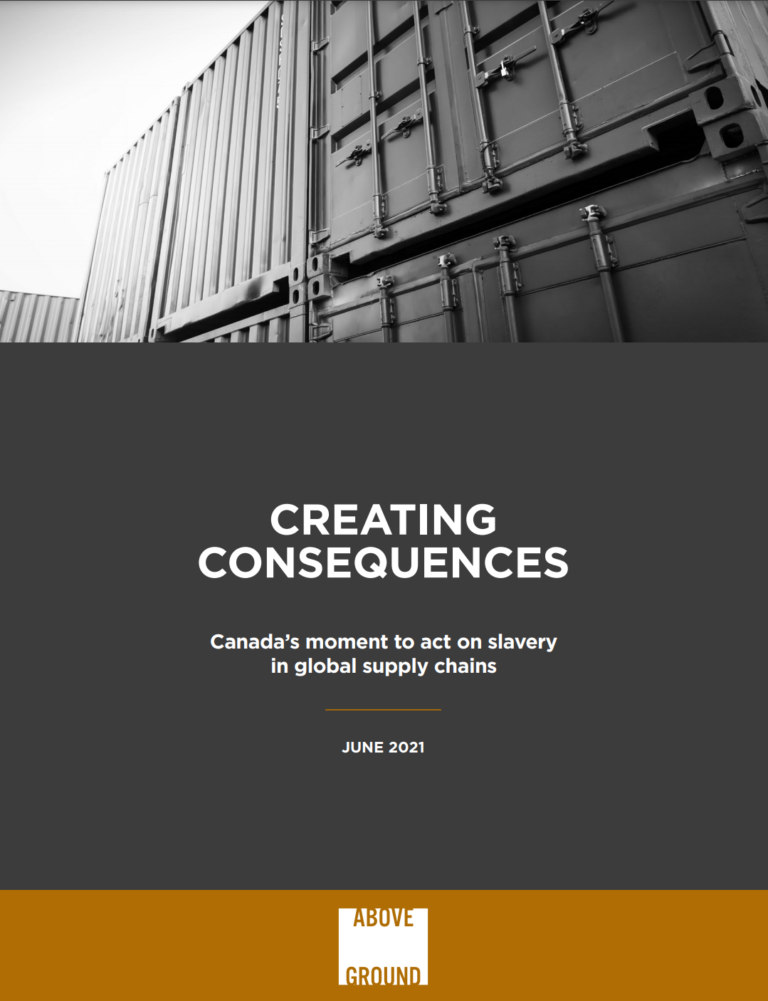Decision No. 8/07 Combating Trafficking in Human Beings for Labour Exploitation
PublicationsThe decision calls on OSCE participating States to: • Consider ensuring that contractors who knowingly use subcontractors involved in traf- ficking for labour exploitation can be held accountable for that crime; • Develop programmes to curb th...Read More

